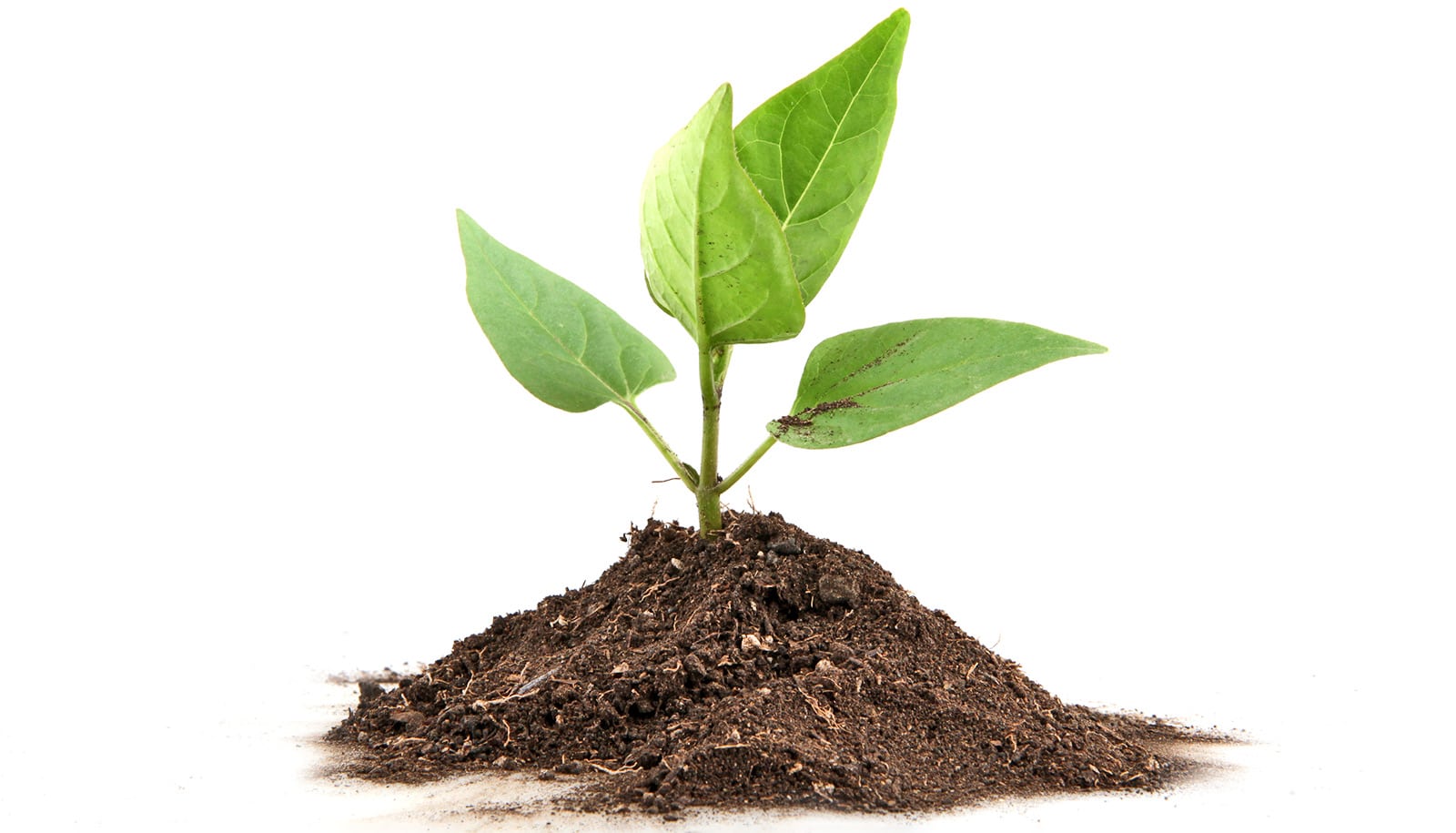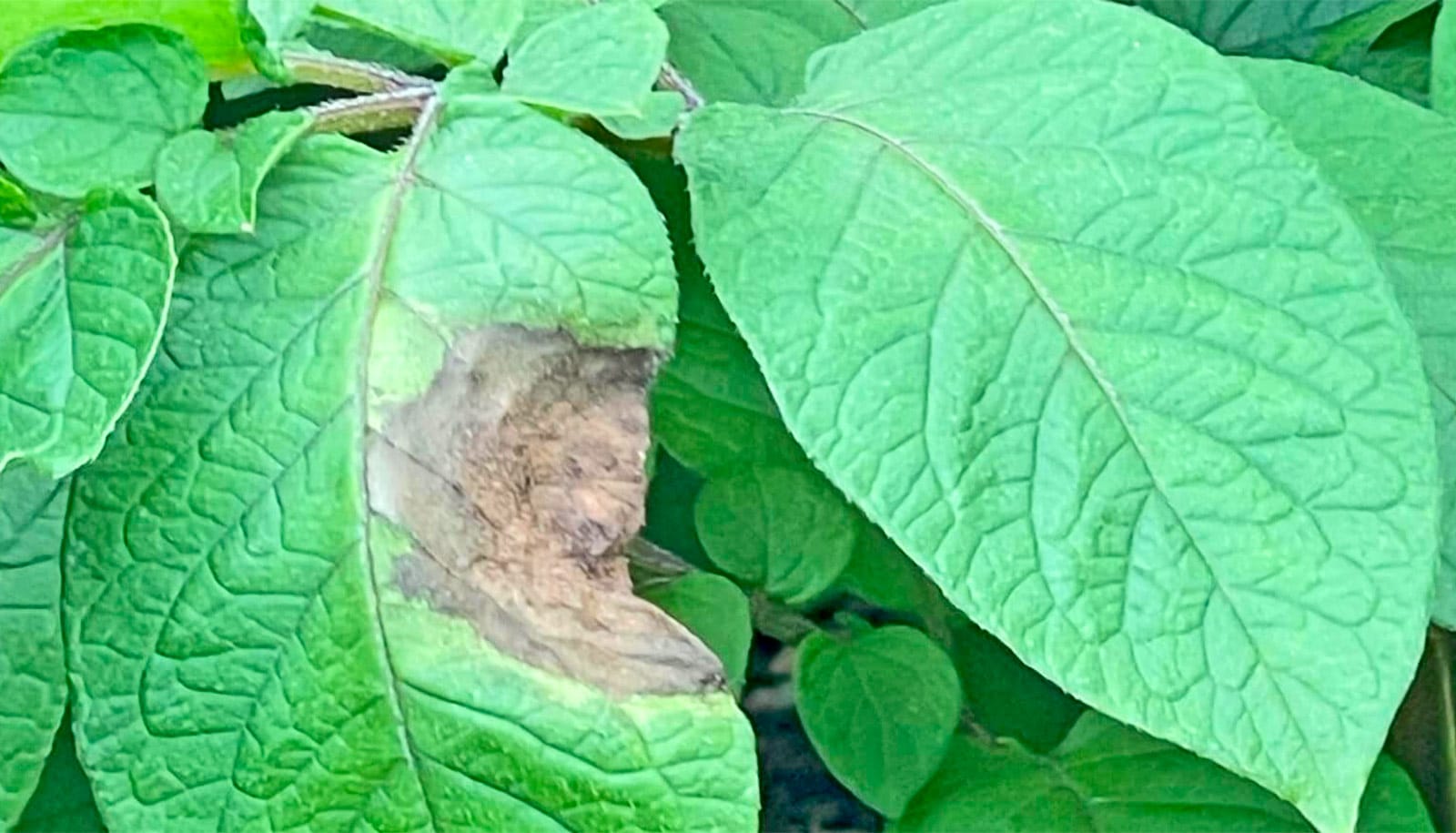Researchers have outlined the process plants use to slow their growth when under duress, according to a new study.
They mapped the various molecular components that govern how environmentally stressed plants interrupt their normal growth pathways by tapping into an important energy recycling function.
The research, published in Developmental Cell, shows that autophagy, a system by which both plants and animals recycle energy and molecular components, plays a key role in slowing plant growth during times of stress.
Yanhai Yin, a professor of genetics, development, and cell biology, and faculty scholar at the Plant Sciences Institute at Iowa State University, says plants slow their growth when they experience stress such as drought, a prolonged lack of sunlight, or any other low-energy circumstance. But teasing out the genetic interactions that result in slower growth has puzzled scientists for years.
Yin and his colleagues have focused their research on a gene known as BES1, which promotes plant growth in response to a plant hormone called brassinosteroid. In their latest paper, the researchers demonstrate that stress sets off a series of reactions that allow autophagy to inhibit plant growth.
Plants can’t run from stress, but they can adapt
One of these reactions involves a protein known as DSK2 that acts like a bridge linking BES1 and the autophagy pathway, says Trevor Nolan, a doctoral student in Yin’s lab and the lead author of the paper.
“We have been studying autophagy for a number of years as a process for bulk digestion of cell contents during environmental stress,” says Diane Bassham, a professor of genetics, development, cell biology, and plant physiology. “This recent work shows that it can also act in an exquisitely selective pathway for the digestion of a single growth regulator to coordinate growth with stress responses.”
…the discovery could help plant breeders create crop varieties that can continue to grow under stressful situations.
Justin Walley, an assistant professor of plant pathology and microbiology, used a high-resolution analytical technique called mass spectrometry to monitor protein modification, which showed the targeting of BES1 to autophagy by DSK2 is modified by a protein called BIN2, another key player in the brassinosteroid signaling pathway.
“We’re really excited by the discovery that BIN2 modifies DSK2, and that this modification is actually responsible for controlling the balance between plant growth and plant stress responses,” Walley says.
Can a dose of probiotics drought-proof plants?
Nolan says the discovery could help plant breeders create crop varieties that can continue to grow under stressful situations. But, because autophagy plays an important role in animals as well as plants, the research could have implications beyond plant science.
“Understanding the basic science of how these processes are regulated could have implications not just for plants but for human health as well,” Yin says.
Iowa State’s Plant Sciences Institute and the National Institutes of Health funded the research.
Source: Iowa State University



